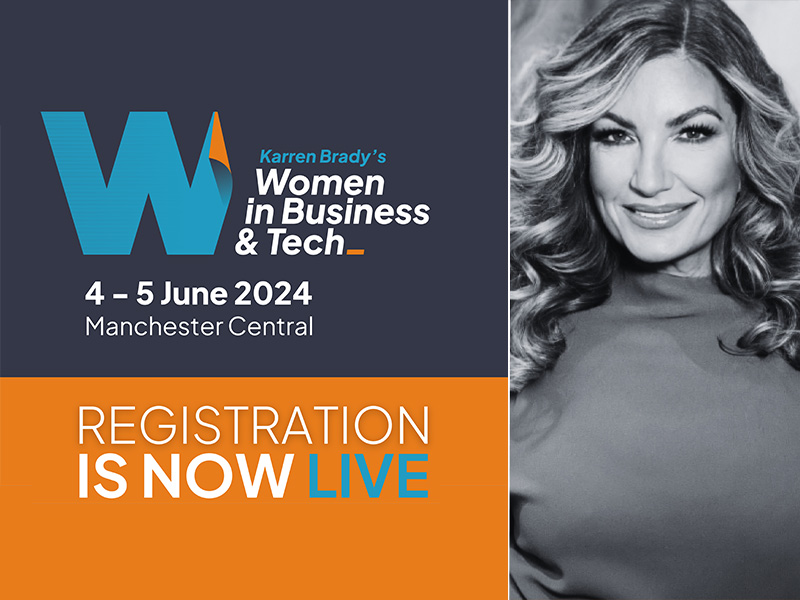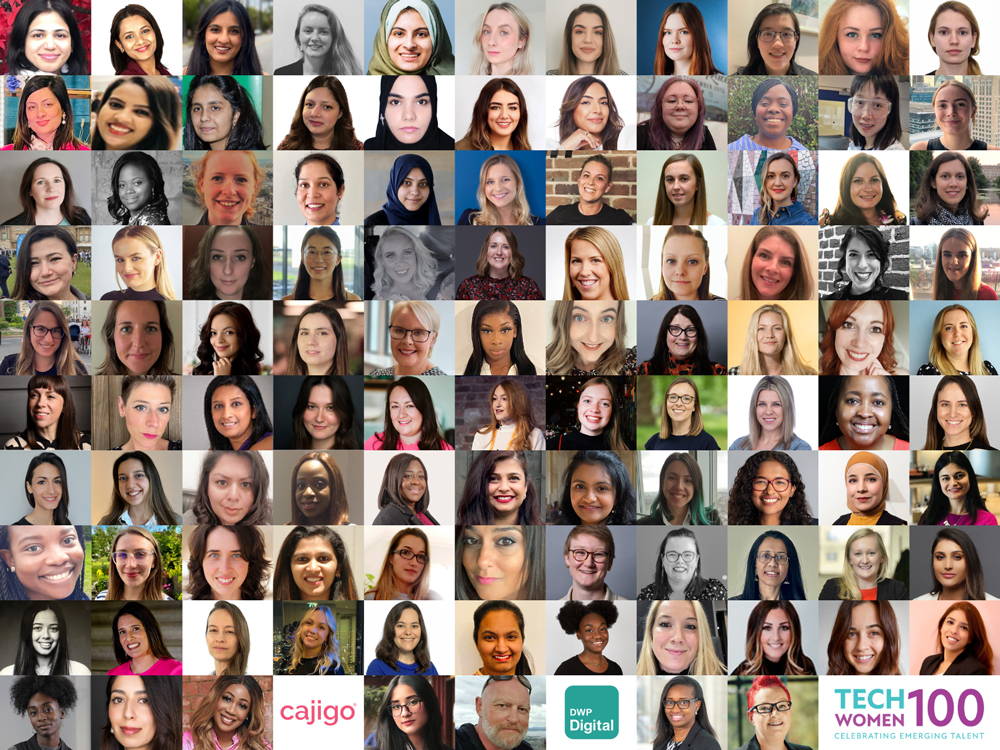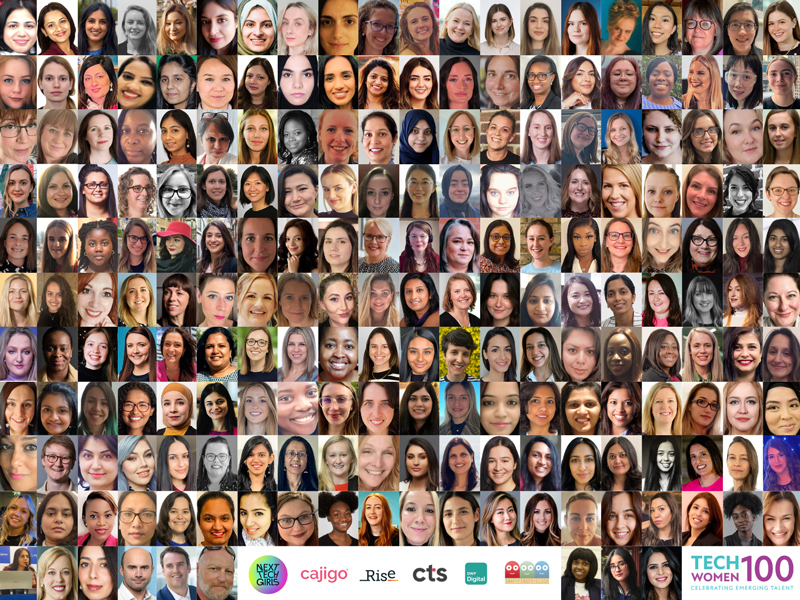
I was inspired by a blog my colleague, Jane Horridge, wrote recently about the problems around encouraging women and girls to take up STEM (Science, technology, engineering and maths) subjects.
It made me think about the way women in those fields are so quickly forgotten as soon as a man comes along doing something similar.
Whenever this subject is raised the name Helen Sharman always comes to my mind. Tim Peake has become a national celebrity (dare I say verging on national treasure?) for his time spent on the International Space Station. He’s been repeatedly described as Britain’s first astronaut – except he wasn’t. Helen Sharman (remember her?) beat him to it by a mere twenty-five years, a fact about which she even had to personally remind the UK Space Agency after they made precisely that mistake in 2013 asking them, “What happened to me?” Would she have been so casually airbrushed from history had she been a man? I think not.
She’s not alone. When the discovery of the structure of DNA is talked about the names Crick and Watson trip off the tongue. Mention Rosalind Franklin and few people will know who she was. In fact, as both those famous male scientists openly admitted, they could never have made their world-changing discovery without her contribution to their team as an expert chemist. So why doesn’t her name stand on level terms with theirs?
This issue was highlighted recently in the marvellous film, Hidden Figures, telling the story of three female mathematicians who were crucial to the success of NASA (US National Aeronautics and Space Administration) during the early years of the space race. They had dual hurdles to overcome in also being black at a time when segregation in America was routine. The film showed how they always had to be better than the best men in their field – something women in many walks of life still have to be to be recognised.
With all this in mind it’s really important to make some noise about those people who are addressing this problem head-on and trying to make a difference. In 2016, toymaker Lego was named the world’s most powerful brand, toppling such behemoths as Google and Disney (Brand Finance Global 500). The people making the ubiquitous plastic bricks clearly enjoyed Hidden Figures too, releasing a range of NASA women for their construction sets. Lego folk have understood the situation for some time. In the 1970s their box sets used to include a note addressed to parents which read:
“The urge to create is equally strong in all children. Boys and girls.
It’s the imagination that counts. Not skill. You build whatever comes into your head, the way you want it. A bed or a truck. A dolls [sic] house or a spaceship.
A lot of boys like dolls houses. They’re more human than spaceships. A lot of girls prefer spaceships. They’re more exciting than dolls houses.
The most important thing is to put the right material in their hands and let them create whatever appeals to them.”
The digital world has spawned a whole host of groups and individuals pushing the point. The wonderful, WeAreTheCity has its own dedicated subdivision, WeAreTechWomen. Other notable examples include Women in Technology, Girls in Tech and Digital Women UK, all of which are being unashamedly plugged here because if you believe in getting more females involved in STEM and haven’t heard of them or aren’t following and promoting them – well, why not?
Here in Milton Keynes we have Women Leaders MK which while not tech-specific runs an annual awards event which “recognises the talents and achievements of women living and working” in the city. Prizes bring profile which is one of the most important ways to encourage others to dream.
Sometimes we can make a difference in the smallest of ways. Not everybody feels compelled to stand on a platform demanding change and not everybody feels equipped to go into schools to preach the gospel of science to the young. However, all of us could do more by following, tweeting, sharing, commenting – doing all those digital things which don’t even require us to leave our sofas to participate. Every voice added to the cause makes it just a little bit more prominent, and your tweet could be the one which plants the seed in the head of the girl who might grow into the next Rosalind Franklin or Helen Sharman. We’re not talking about rocket science here, but we really should be.








